Prospek ekonomi Indonesia Q2 2025
Sep 30, 2025
Seiring Indonesia memasuki akhir Q3 2025, prospek perekonomian banyak dipengaruhi oleh berbagai
Market research in Indonesia: Pandemic’s impact on consumer behaviour
The Covid-19 pandemic of 2020 has undoubtedly had a massive impact on many aspects of life and business activities in Indonesia.
The restrictions mandated by the Indonesian government to curb the spread of the virus (locally known as “PSBB” or partial lockdown), and fear of the disease itself, are affecting consumer behaviours and attitudes.
As non-essential businesses are forced to close, travel is restricted, and people are encouraged to stay home, the strain on the Indonesian economy is being felt everywhere.
In April 2020, Cimigo Indonesia conducted qualitative in-depth market research with 66 residents of Greater Jakarta. Participants were aged 21-60 among Mass, Middle Class and Affluent households.
The research was designed to understand in their own words how PSBB and the pandemic have affected their lives and to seek out clues on what we can expect when the Covid-19 PSBB measures are relaxed or lifted.
Numerous reports have documented the changes to consumer behaviour, mainly in the decline of almost all household spending except for “in-home” essentials, and the rise of digital and online activities at home for working, studying, communication and entertainment.
A few categories are surviving, even thriving, during the pandemic, but many other sectors are sustaining heavy losses as PSBB implementation limits people’s activities and movements.
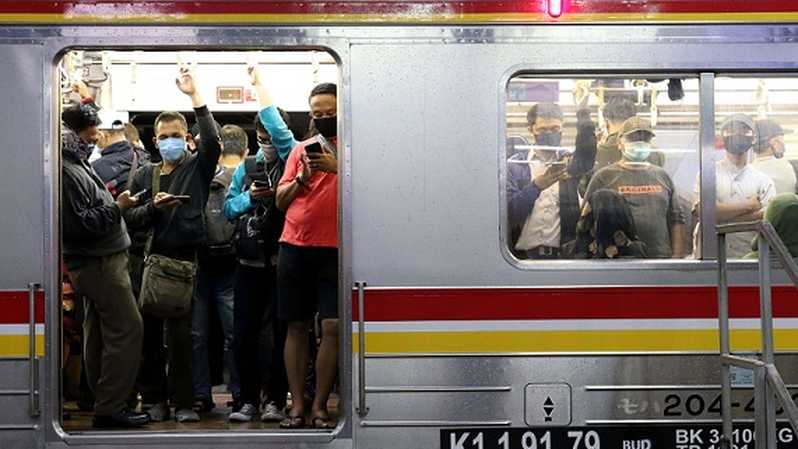
Covid-19 Pandemic and PSBB situation brings out negative emotions among Indonesians. Anxiety, fear and sadness are the predominant feelings experienced by all segments as they go through the drastic changes and uncertain future caused by the pandemic.
The two main worries expressed by all segments were health concerns related to the virus (getting infected or infecting others, how to stay safe) and the economic impact of the pandemic.
This reflects the challenge for government officials to somehow balance the two in efforts to manage the pandemic. Public safety is a distant third in terms of people’s top concerns during PSBB.
Increased criminal activity due to economic desperation and the release of numerous inmates from prison to ease overcrowding drove fear among some residents. Fear was heightened amongst those who were victims themselves or have seen criminal activities in their neighbourhood.
An important theme that emerged in our market research in Indonesia is that while PSBB has definitely affected the lives of Indonesians, different strata of Indonesians react to it differently. Crucially, their socio-economic status (SES) is a key factor which determines their ability to cope during PSBB.
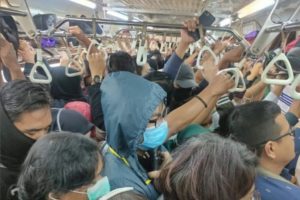 Mass households, who form the backbone of the Indonesian economy due to their large numbers, face a “double whammy” during PSBB as they have to make the stark choice between economic survival and staying protected from the virus.
Mass households, who form the backbone of the Indonesian economy due to their large numbers, face a “double whammy” during PSBB as they have to make the stark choice between economic survival and staying protected from the virus.
This segment often lives month-to-month, or even day-to-day, with minimal savings for a safety net. Many work menial or casual jobs that are not switchable to Work From Home (WFH) arrangements.
The resulting economic pressure to continue earning an income to support themselves and their families is correlated with lower compliance with PSBB measures as they leave home looking for work or earnings. Faced with seemingly hopeless circumstances, some from this segment are more likely to turn to religion for hope and comfort.
Middle Class households, who while not living luxurious lives are better off economically, are forced to learn and reorganise their life and spending priorities during PSBB. While not under as much financial pressure as Mass households, they are most likely to divert their spending to “essentials” such as food and household upkeep, in order to be more efficient in their spending.
 Affluent households are least affected financially by PSBB. In fact, many are finding that they are able to reduce their expenses during PSBB (for example, “saving money” by not going out to the shopping mall on weekends).
Affluent households are least affected financially by PSBB. In fact, many are finding that they are able to reduce their expenses during PSBB (for example, “saving money” by not going out to the shopping mall on weekends).
Affluent individuals and households are more likely to direct their concern outwards, towards the plight of their fellow citizens, or the impact of the pandemic on the overall Indonesian economy. Most are not stressed about their own financial well-being.
With their economic backgrounds, it is not surprising to find Middle Class and Affluent households more likely (relative to Mass households) to show a willingness to comply with health and distancing measures in place during PSBB.
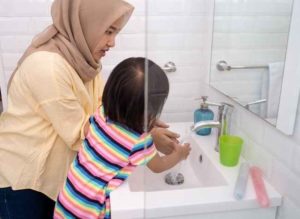 Despite widely varying economic means and lifestyles, all segments acknowledge that they are forced to shift their household budget allocations and priorities during PSBB.
Despite widely varying economic means and lifestyles, all segments acknowledge that they are forced to shift their household budget allocations and priorities during PSBB.
“In-home” expenses such as for food and groceries, health and personal care products (including protective equipment such as face masks), Internet and utilities (water, electricity) are prioritized over everything else.
Among Middle-Class and Affluent households, non-essential spending such as for big-ticket purchases (e.g. for gadgets or household appliances) or cosmetics are de-prioritized.
Government-imposed restrictions on travel and large gatherings means that all related plans and spending on travel (including “Mudik”), holidays and events such as concerts are cancelled.
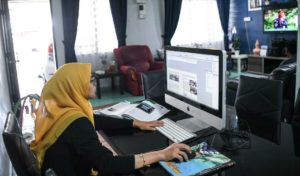 As Work From Home (WFH) and e-learning arrangements have become the norm for many during PSBB. Many feel the negatives of WFH and e-learning outweighs the positives.
As Work From Home (WFH) and e-learning arrangements have become the norm for many during PSBB. Many feel the negatives of WFH and e-learning outweighs the positives.
The majority who transitioned to WFH expressed their frustration, primarily directed at the lack of human contact with their colleagues, which made work both less enjoyable and less efficient.
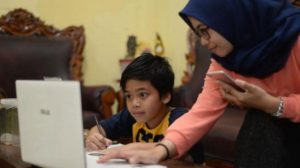 Distractions at home and technological issues (such as weak Internet or poor IT hardware) pile on to challenges workers have to overcome to be productive at home.
Distractions at home and technological issues (such as weak Internet or poor IT hardware) pile on to challenges workers have to overcome to be productive at home.
While WFH can never replace direct human contact and collaboration, we suspect that other challenges can be overcome as people adapt to this new way of doing work.
The prognosis for e-learning (or e-teaching) is less optimistic, however, as students, parents and teachers all seem to struggle outside the traditional school system.
 When asked to think about any positives that emerged from PSBB or the pandemic, almost all mention more time with the family at home as a good thing that came out from their home isolation.
When asked to think about any positives that emerged from PSBB or the pandemic, almost all mention more time with the family at home as a good thing that came out from their home isolation.
Other positives mentioned include a higher awareness of hygiene and health, more time to reflect and build a stronger relationship with God (religious renewal), more time to learn new skills or attend to their hobbies and learning to be more disciplined financially.
Younger people (aged 30 or younger) are also more likely to develop a stronger sense of community and neighbourly care during PSBB. They appreciate the reduced pollution and cleaner air that result from less traffic! It is clear that upon reflection some good have indeed come from PSBB.
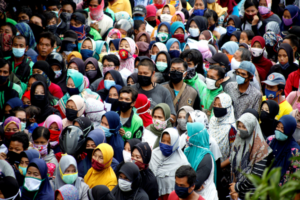 Peeking ahead into the future, Indonesians are divided in terms of how long they expect the Covid-19 pandemic to last, ranging from the most optimistic who feel the pandemic will be under control by July, to the most cautious who think a vaccine must be found before the pandemic will be over in 2021.
Peeking ahead into the future, Indonesians are divided in terms of how long they expect the Covid-19 pandemic to last, ranging from the most optimistic who feel the pandemic will be under control by July, to the most cautious who think a vaccine must be found before the pandemic will be over in 2021.
Regardless, all expressed concern over the low compliance of their fellow Indonesians on virus curtailing and physical distancing measures, which they know raises the risk of lengthening the pandemic or the second wave of infections.
It is also interesting to note that the Mass segment is most likely to fall into the most optimistic group. We detect evidence that this optimism among the Mass segment is driven by equal parts “wishful thinking” for the economy to recover and religious belief that God will help those who are faithful.
Similarly, three main schools of thought exist on what would happen to their lives post Covid-19. There are those who feel everything will return to how it was before the pandemic, comprising mostly of older people aged 35 and older.
It is likely that these “old-timers” speak from experience, as they have undergone quite a few crises in their lifetime, and witnessed how the world returned to normal after each one.
There are also those who feel the world will return to normal, but some aspects of their own lives will change in response to the pandemic. Finally, there are those who feel that everything in the world will change after the pandemic is over.
Clearly Indonesians are divided on what a “new normal” if it even exists, will look like!
Overwhelmingly, social contact and being able to conduct “normal” activities outside the home freely and safely are the two things Indonesians miss the most during PSBB. This may translate to a focus on social or communal activities, including dining out, when PSBB is relaxed or lifted.
Due to many having their incomes and financial priorities affected during PSBB, a quick bounceback for consumer spending on retail goods to pre-pandemic levels is unlikely.
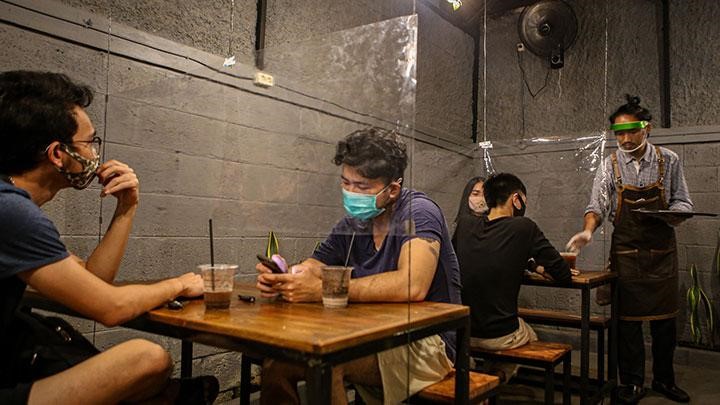 The term “new normal” is overused, even the Indonesian government has described the post-PSBB period as “the new normal”. We must recall that this term is not new. “The new normal” has been used by writers and the mass media to describe how different the world will be following historic events, such as the 9/11 attacks of 2001, and the 2008 financial crisis.
The term “new normal” is overused, even the Indonesian government has described the post-PSBB period as “the new normal”. We must recall that this term is not new. “The new normal” has been used by writers and the mass media to describe how different the world will be following historic events, such as the 9/11 attacks of 2001, and the 2008 financial crisis.
With the benefit of hindsight, we know that life continued “normally” rather than “new normally”!
More importantly, we must realise that many of the shifts we are seeing in consumer and market behaviour are NOT a new status quo, but rather a short term inconvenience driven by the temporary virus threat and government-mandated protocols.
We note that no pandemic in history has ever made humanity abandon its social nature and voluntarily choose indoor isolation over free movement and social contact.
While technology has helped us to cope with the Covid-19 pandemic, it is not a guarantee that remote interactions enabled by technology is the way of the future. Once PSBB restrictions are lifted, a vaccine is available, or people learn to live with Covid-19, we expect people to rush back to normalcy, including unrestricted social contact.
 Spending power and the economy may take a longer time to recover. But just like all economic recessions come to an end, these WILL recover and continue to grow.
Spending power and the economy may take a longer time to recover. But just like all economic recessions come to an end, these WILL recover and continue to grow.
No doubt, businesses will learn to be more resilient, for example by restructuring their supply chains and a greater focus on cash flow management. Indonesia has seen many examples that prove that businesses will react and adapt to survive and thrive.
But we advise caution before betting too heavily on predictions about the market permanently changing to a “new normal”.

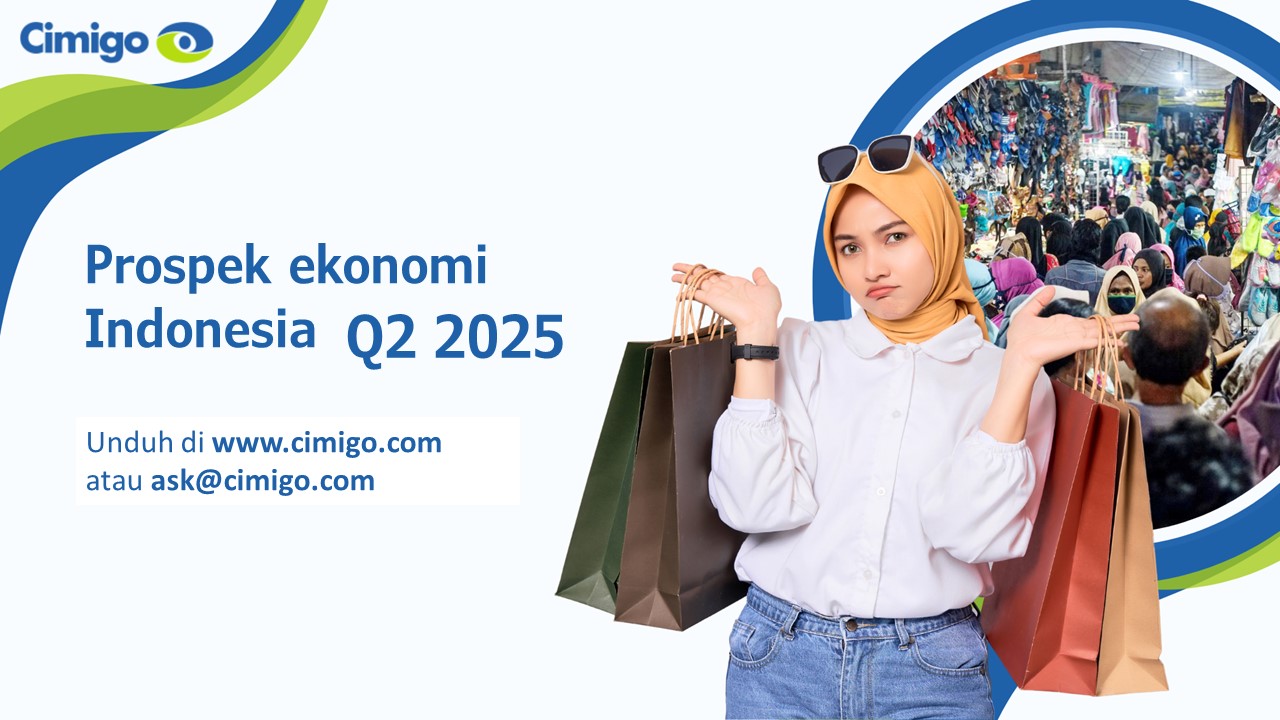
Prospek ekonomi Indonesia Q2 2025
Sep 30, 2025
Seiring Indonesia memasuki akhir Q3 2025, prospek perekonomian banyak dipengaruhi oleh berbagai

Di balik peralatan rumah tangga: Memahami pilihan konsumen dan pembeliannya
Aug 09, 2025
Perkembangan teknologi membuat peralatan rumah tangga semakin beragam, mulai dari perangkat yang

Tren konsumen Indonesia 2025
May 17, 2025
Tren Konsumen Indonesia 2025 menyoroti delapan alasan utama mengapa Indonesia siap untuk bangkit

Mark Ratcliff - Managing Director
The team at Cimigo are my favourite researchers in South East Asia. They’ve proved adept at tackling the most private and complex personal issues at qualitative research level, not flinching when the client endlessly chopped and changed fieldwork timing, or ramped up the workload without warning. They have recruited the most extraordinarily niche consumers without pause or complaint. Their patience with clients and their flexibility and hard work that went above and beyond what was initially asked of them on two projects relating to sexual behaviour means there is now no other research company we would choose to work with in that part of Asia. The fact they also pulled off a third project for us so well, on men’s relationship with beer and beer advertising, shows they have breadth of expertise— we still quote from the report they produced.
The team at Cimigo are my favourite researchers in South East Asia. They’ve proved adept at tackling the most private and complex personal issues at qualitative research level, not flinching when the client endlessly chopped and changed fieldwork timing, or ramped up the workload without warning. They have recruited the most extraordinarily niche consumers without pause or complaint. Their patience with clients and their flexibility and hard work that went above and beyond what was initially asked of them on two projects relating to sexual behaviour means there is now no other research company we would choose to work with in that part of Asia. The fact they also pulled off a third project for us so well, on men’s relationship with beer and beer advertising, shows they have breadth of expertise— we still quote from the report they produced.

Lisa Nguyen - Vietnam Marketing Lead

Kevin McQuillan - Chief Marketing Officer
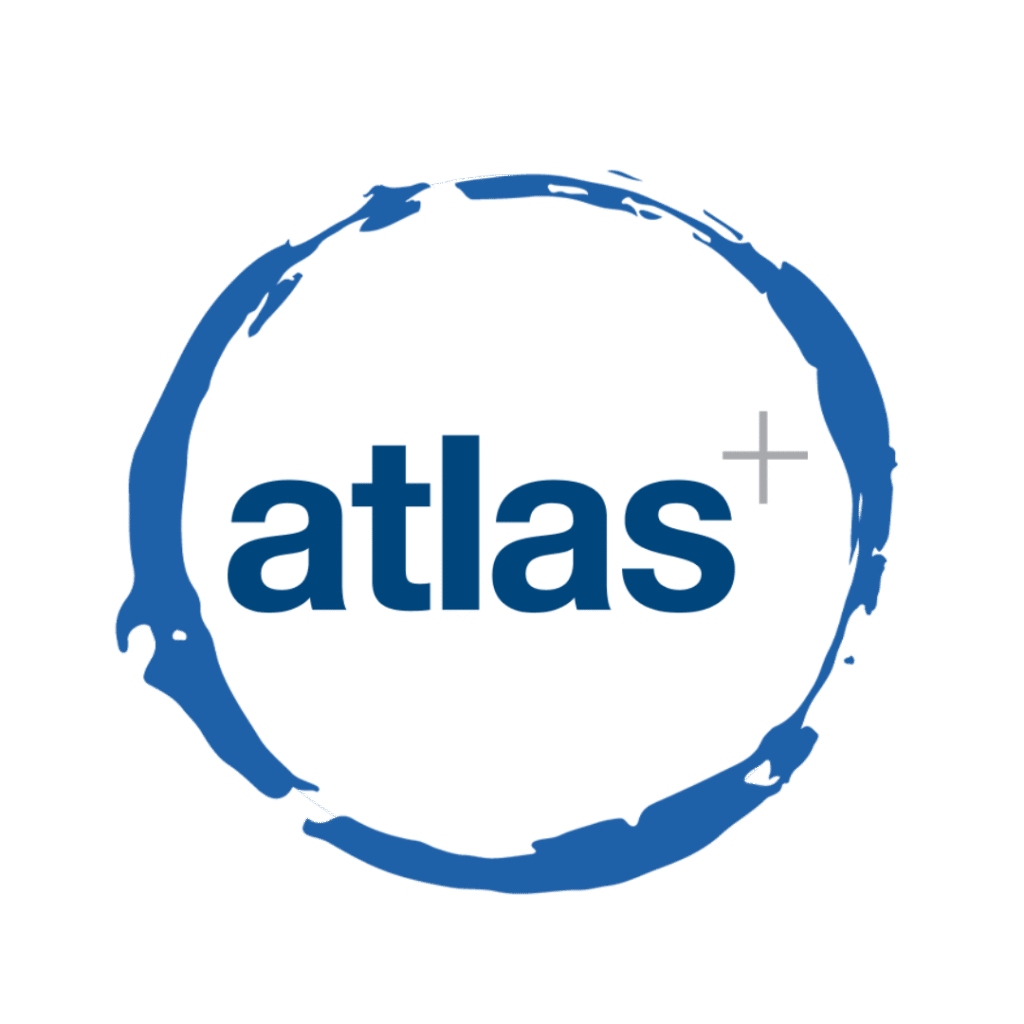
Sam Houston - Chief Executive Officer

Minh Thu - Consumer Market Insights Manager

Travis Mitchell - Executive Director

Malcolm Farmer - Managing Director

Hy Vu - Head of Research Department

Steve Kretschmer - Executive Director
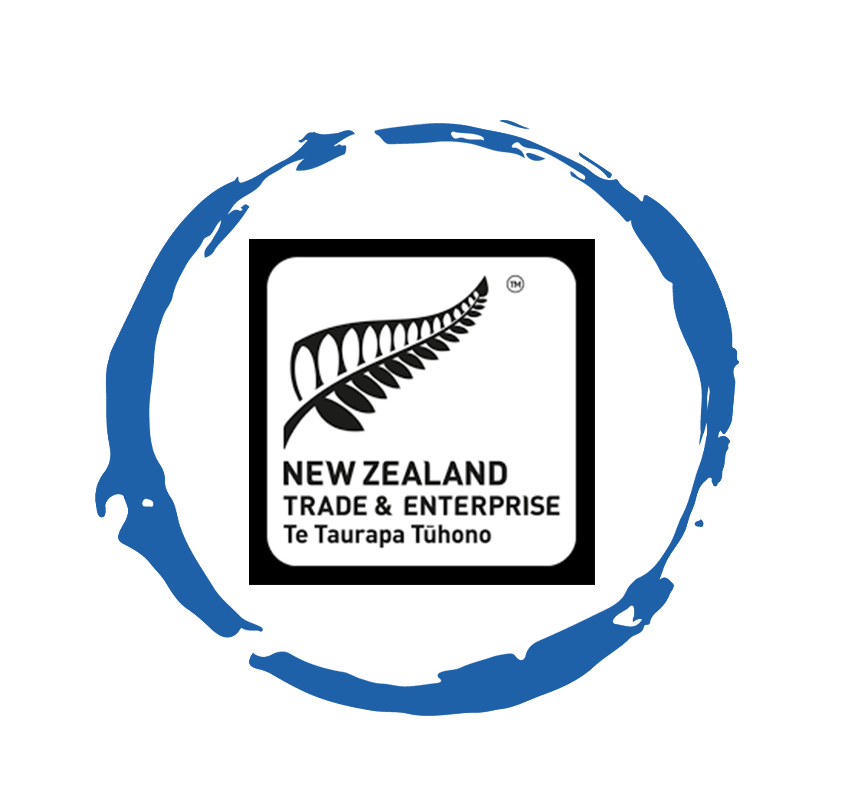
Joe Nelson - New Zealand Consulate General
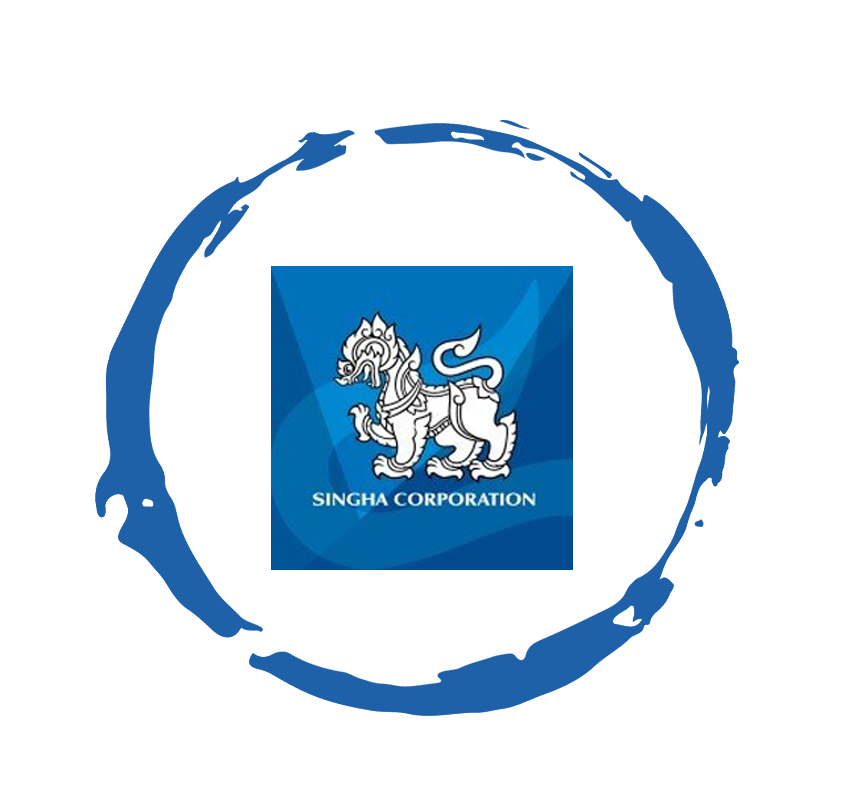
York Spencer - Global Marketing Director
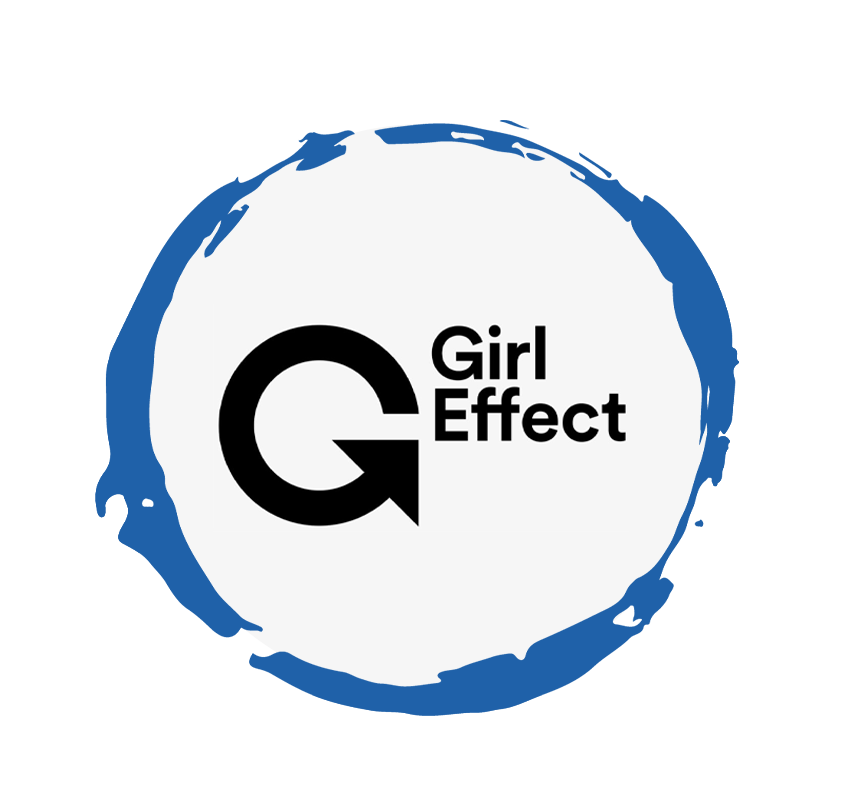
Laura Baines - Programmes Snr Manager

Mai Trang - Brand Manager of Romano

Hanh Dang - Product Marketing Manager

Luan Nguyen - Market Research Team Leader

Max Lee - Project Manager

Chris Elkin - Founder

Ronald Reagan - Deputy Group Head After Sales & CS Operation

Ha Dinh - Project Lead

Matt Thwaites - Commercial Director

Joyce - Pricing Manager

Dr. Jean-Marcel Guillon - Chief Executive Officer
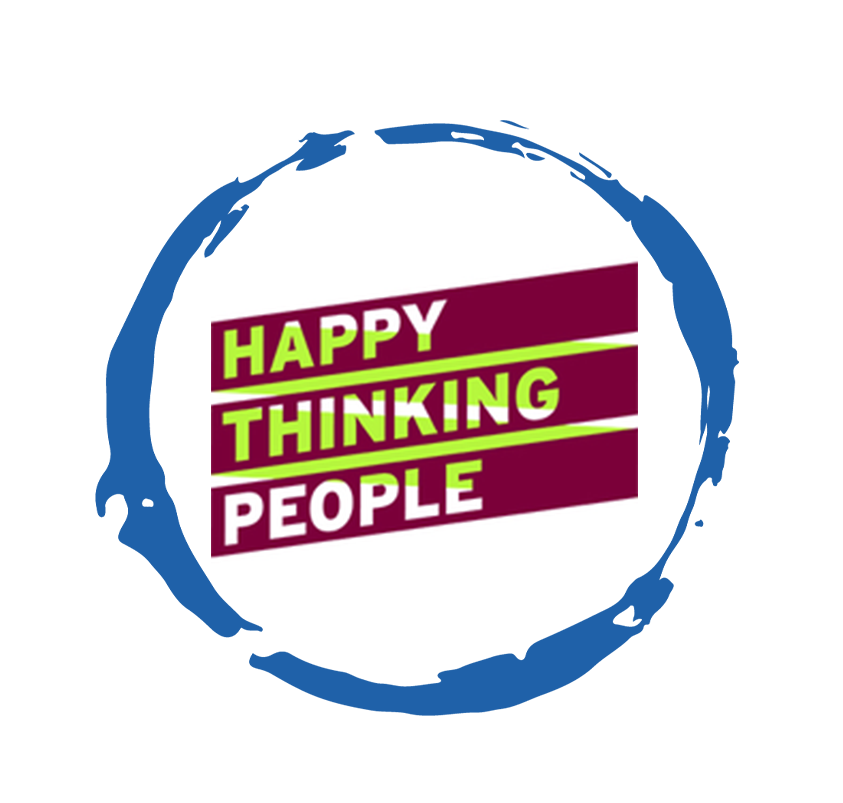
Anya Nipper - Project Coordination Director

Rick Reid - Creative Director

Private English Language Schools - Chief Executive Officer

Chad Ovel - Partner

Thanyachat Auttanukune - Board of Management

Thuy Le - Consumer Insight Manager

Kelly Vo - Founder & Host

Hamish Glendinning - Business Lead

Aashish Kapoor - Head of Marketing

Richard Willis - Director

Thu Phung - CTI Manager

Tania Desela - Senior Product Manager
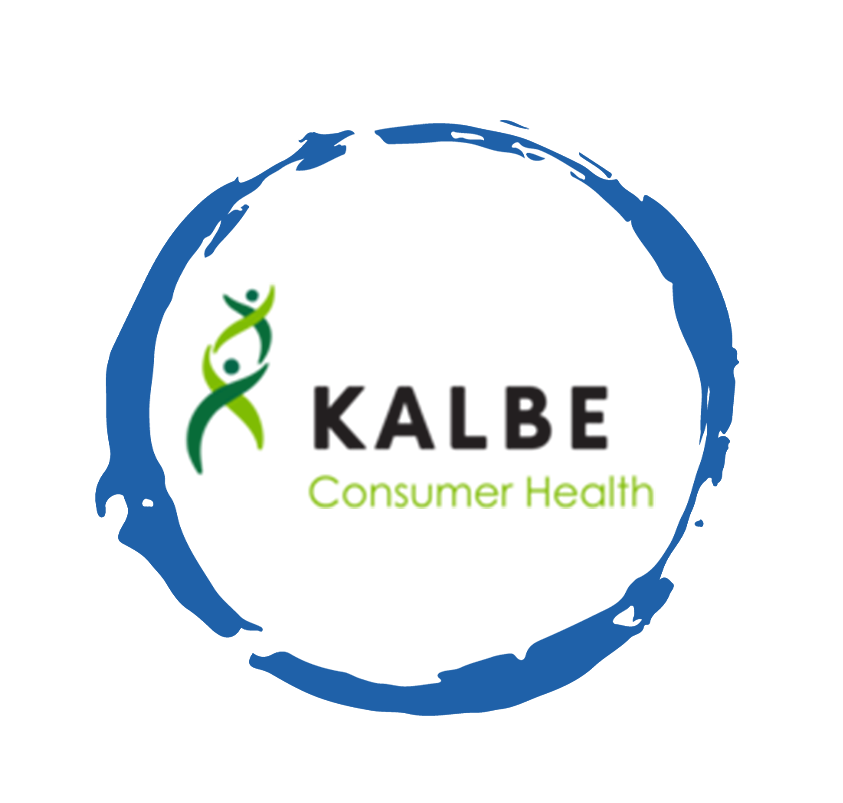
Dennis Kurnia - Head of Consumer Insights

Aimee Shear - Senior Research Executive

Louise Knox - Consumer Technical Insights

Vo Thi Thuy Ha - Commercial Effectiveness

Geert Heestermans - Marketing Director

Linda Yeoh - CMI Manager

Tim market research Cimigo di Indonesia dengan senang hati membantu Anda membuat keputusan yang lebih tepat.

Cimigo menyediakan solusi riset pasar di Indonesia yang akan membantu Anda membuat pilihan yang lebih baik.

Cimigo menyediakan tren pemasaran konsumen Indonesia dan riset pasar pada sektor pasar dan segmen pelanggan di Indonesia.

Cimigo menyediakan laporan riset pasar pada sektor pasar dan segmen pelanggan di Indonesia.
Please enter the information for free download.
The report will be sent to your email.
When downloading our reports, you agree to be contacted for marketing purposes.
Xin cảm ơn. Một email kèm với đường dẫn tải báo cáo đã được gửi đến bạn.
Vui lòng điền thông tin vào biểu mẫu bên dưới để tải về báo cáo miễn phí.
Báo cáo sẽ được gửi vào email bạn điền ở bên dưới.
Khi tải xuống các báo cáo của chúng tôi, bạn đồng ý được liên hệ cho mục đích tiếp thị.
Please enter the information for free download.
The report will be sent to your email.
When downloading our reports, you agree to be contacted for marketing purposes.
